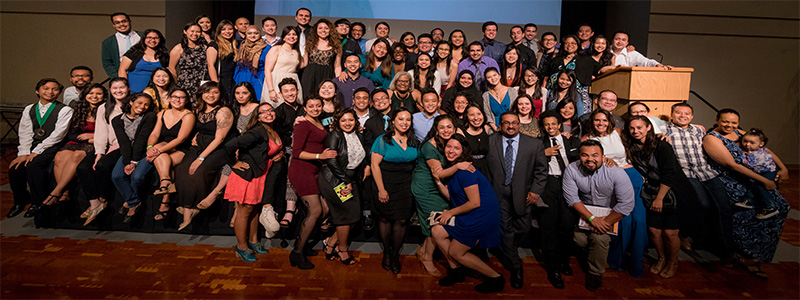P.L.A.C.E.S. Philosophy
Promoting Critical Dialogues: The CCC provides programs and spaces for students, staff, faculty, and community members to have open discussions where all opinions can be valued and heard.
Leadership Development: The CCC provides programs and services for students to develop and strengthen activism efforts while learning to become local and global citizens. We collaborate with staff and faculty on leadership and educational opportunities. In addition, CCC offers professional development to departments, organizations, and staff campus-wide.
Affirmation of Intersectional identities: The CCC values and promotes the understanding of the intersections of identities and positionality. This includes, but is not limited to: race, ethnicity, nationality, sexual orientation, gender, gender identity, sex, culture, age, ability, class, religion, spirituality, and physical appearance. We confront all forms of oppression within these multiple identities.
Community Building: The CCC provides interactive programs and retention spaces to create new connections, strengthen existing relationships, and encourage cross collaborations.
Empowerment: The CCC offers educational workshops, trainings, and programs on social, cultural, diversity, and social justice issues, which serve to empower campus and community leaders by providing the necessary tools to be an advocate for positive social change, proactive about addressing inequities, explore multiple identities, and maintain balance in all aspects of their lives.
Social Justice Framework: The CCC functions within a social justice framework that includes a vision of society in which the distribution of resources is equitable and all members are physically and psychologically safe and secure. We envision a society in which individuals are both self-determining (able to develop their full capacities), and interdependent (capable of interacting democratically with others). Social justice involves social actors who have a sense of their own agency as well as a sense of social responsibility toward and with others and the society as a whole (Bell, 1997, p.1) Teaching for Diversity and Social Justice.

Cross-Cultural Center 20th Anniversary Group photo with past staff and student interns. Courtesy of Erik Jepsen.